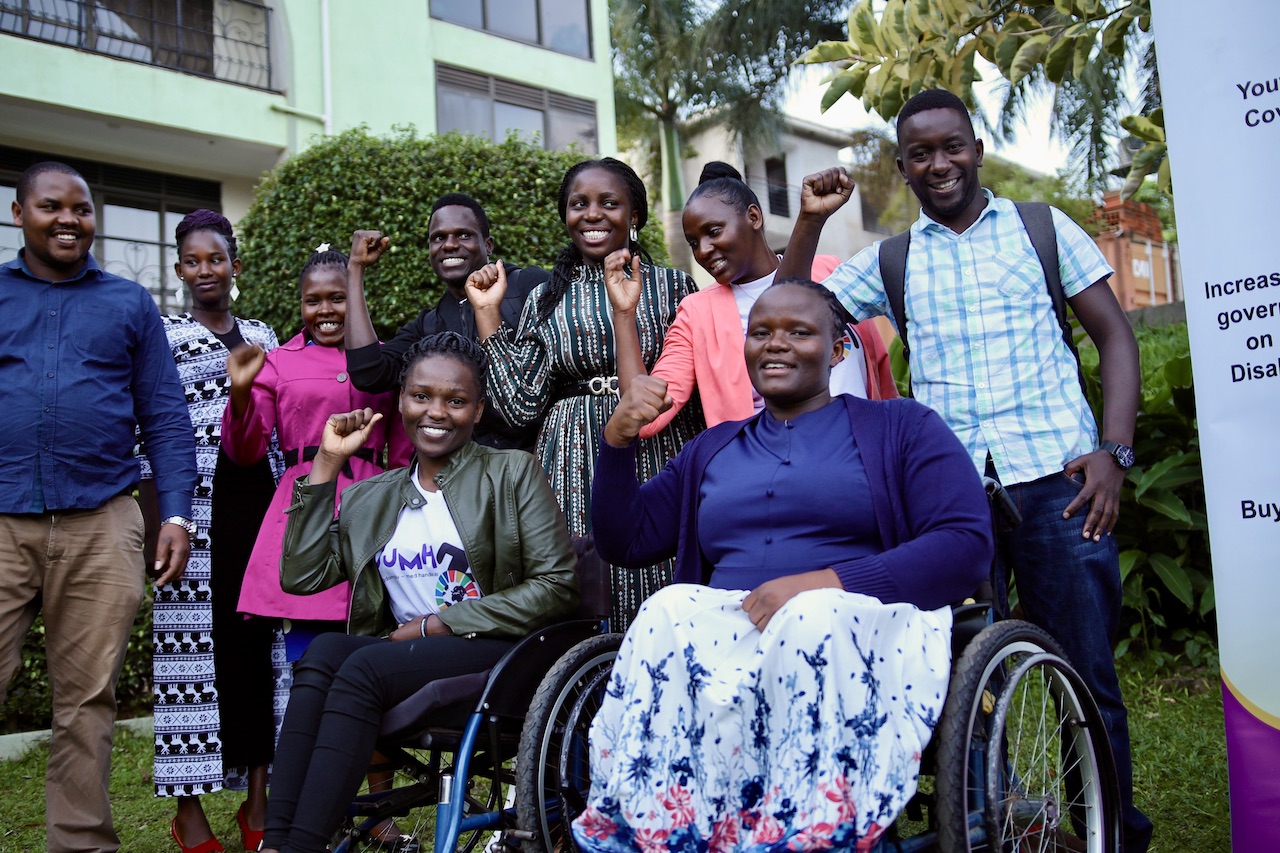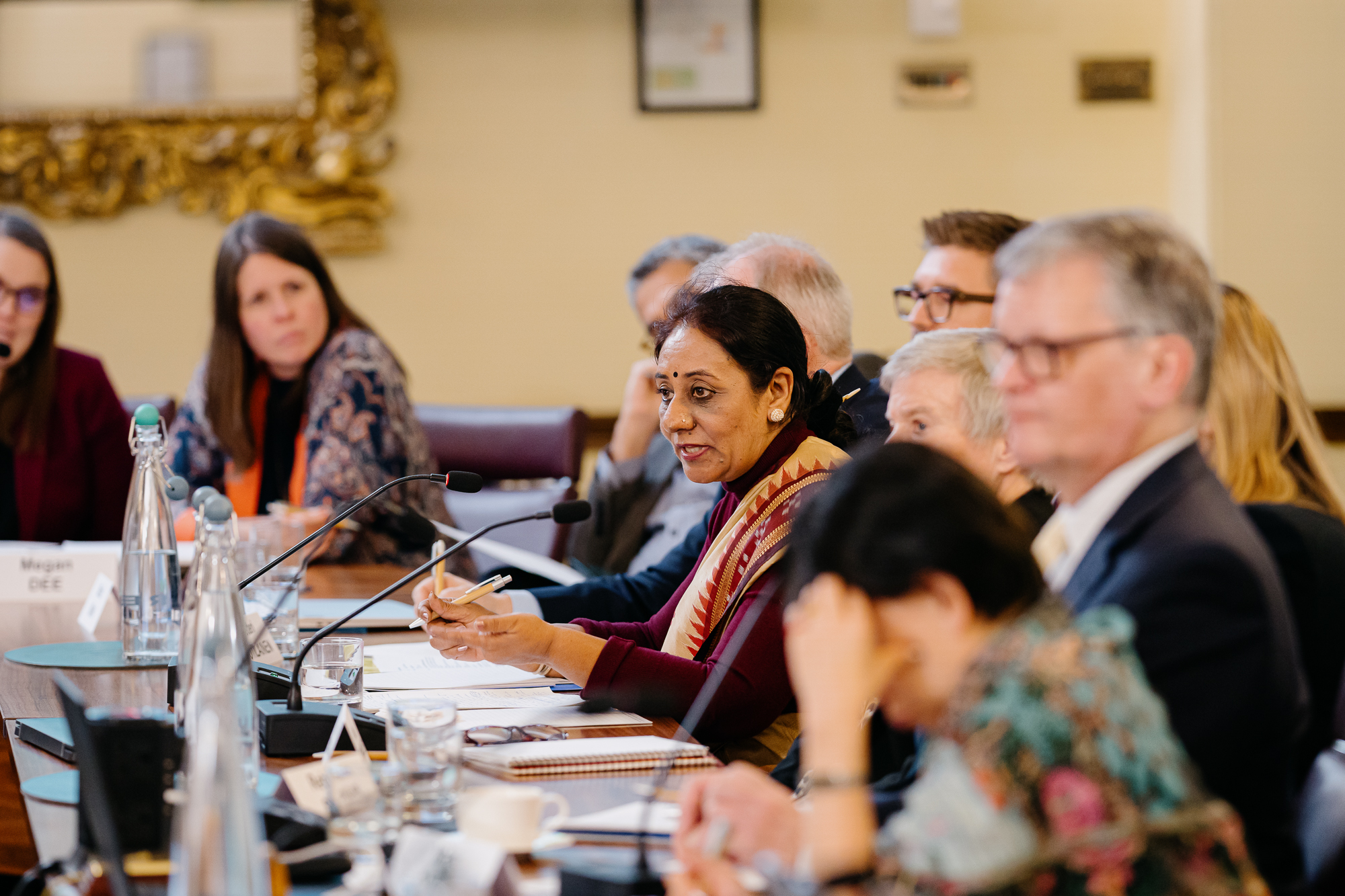In association with the Foreign and Commonwealth Office, London
At its session in June 2011 the United Nations Human Rights Council unanimously adopted Guiding Principles for the implementation of the ‘Protect, Respect, Remedy’ framework on business and human rights proposed by UN Special Representative John Ruggie.
One year later, across the three pillars of the framework, the conference:
- took stock of developments since the Guiding Principles were adopted, in particular identifying examples of good practice;
- examined what are the main challenges in implementing the Guiding Principles;
- identified what are the major priorities for all stake-holders in advancing effective implementation.
Further information
Information from the Institute of Human Rights and Business (IHRB) and Shift
Advance edited report of the UN Secretary-General on ‘Contribution of the United Nations system as a whole to the advance of the business and human rights agenda and the dissemination and implementation of the Guiding Principles on Business and Human Rights
Download the advance edited report
See recent blogs from two conference participants, Jim Baker and Mark Taylor, reflecting on the Guiding Principles one year on.
For the discussion papers on the joint project between Shift and IHRB, relating to the development of sectoral guides for the European Commission providing guidance on the corporate responsibility to respect human rights under the Guiding Principles (covering employment and recruitment agencies, information and communication technology, and oil and gas sectors), open for consultation until 15 July 2012.
Information from the European Group of National Human Rights Institutions
Paper, drafted by the Danish Institute for Human Rights, on National Plans for implementation of the Guiding Principles, called for under the EU Communication on CSR of November 2011.
Information from the International Labour Organisation (ILO):
‘Giving Globalization a human face’ General Survey on the Fundamental Conventions concerning Rights at work, prepared by the Committee of Experts for the International Labour Conference standing Committee on the Application of Standards (June 2012). Other recent reports of the Committee of Experts on ratification and the application of standards in law and practice in all 185 ILO member States can also be found on that webpage.
– Report VI of the ILC 2012 “The Fundamental Principles and Rights at Work: From commitment to action” report prepared by the Office as basis for the 2012 ILC tripartite policy discussion on the FPRW.
– ILC 2012 PR No. 15 – Report of the Committee for the Recurrent Discussion on the Strategic Objective of Fundamental Principles and Rights at Work, including the ILC Resolution and the conclusions of the tripartite policy discussion.
– ILC Resolution on Myanmar (lifting ILO restrictions until review in ILC 2013) – and visit of Ms Aung San Suu Kyi and reactions from the trade unions and article on Welcome Changes in Burma on Forced Labour and Freedom of Association: Cautious Optimism by FTUB
– NORMLEX is a new information system which brings together information on International Labour Standards (such as ratification information, reporting requirements, comments of the ILO’s supervisory bodies, etc.) as well as national labour and social security laws. – information can be accessed via country, conventions, ….
– ILO Helpdesk for Business on International Labour Standards, the ILO’s one-stop-shop for company managers wanting to align corporate policy and practices with principles of international labour standards.
– Decent Work Country Programmes, established as the main vehicle for delivery of ILO support to countries responding to requests from the national tripartite constituents and organised around a limited number of country programme priorities and outcomes. This information/country clearly defines where ILO technical assistance is needed to make progress on achieving decent work in the country concerned and where potentially the private sector could make a positive contribution as part of their human rights commitment.
– Decent Work Country Profiles and Fact Sheets established for a number of pilot countries, on the basis of a number of Decent Work indicators and following tripartite dialogue, see under ‘Key resources’ for specific countries. Pilot countries include Azerbaijan, South Africa, Indonesia, Ukraine, Austria, Brazil, Tanzania, Armenia, Cambodia, Philippines, Zambia
Listen to our podcast with Dan Baer, Alex Guáqueta & Rajiv Enoch Williams on The UN Guiding Principles












